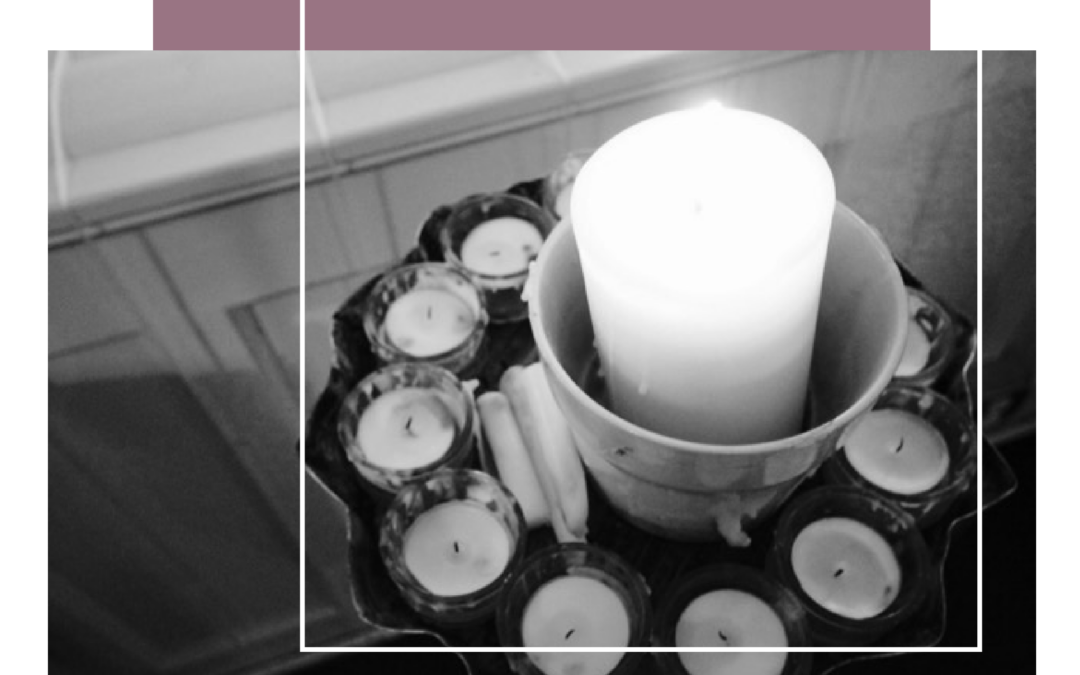Over the last few years I’ve learned the hard way that I need to pay attention to physical pain. It is telling me something.
A few years ago I thought my pain was related to flu, but it turned out my colon was falling apart. Fortunately the excellent surgeons were able to repair my insides. But the ER doc reminded me that having a high tolerance for pain wasn’t necessarily a good thing.
Sidenote – if you have chronic pain and you are reading this, I am very sorry. I really have no concept of what you have to live with on a daily basis. Chronic pain is a whole other level of conversation with God.
In May I was in the ER again after a sleepless night of abdominal pain. They asked if I had taken anything for the pain. A normal ER question. But it gave me pause. First, I thought, “Gee—I really didn’t even think of taking something and maybe I could have slept a bit if I had.” Then I thought, “If I had masked the pain and it went away, I wouldn’t have been as motivated to head into the ER first thing in the morning and let the docs try to figure out the source of my pain.” I spent a couple of days in the hospital to rule out and identify underlying causes. (My gallbladder was the culprit.) My time in the hospital gave me space to think more about physical pain—and reflect on emotional and spiritual pain as well.
Our culture has whole industries to minimize physical, emotional, and spiritual pain. But what if rather than trying to avoid pain, we were courageous enough to get to the root of our pain?
If I feel the pain of loneliness or grief, maybe I can explore how God is with me through those emotions, rather than covering up or hiding. Or if I feel the spiritual pain of disappointment with God over seemingly unanswered prayer, being honest about those feelings in a safe community might be better than walking away from God. Even in simple ways, if I feel some emotional pain due to stress, breathing in and out Jesus’ name and promises might be more effective than chocolate.
I’m still learning to face pain rather than masking or fleeing, and it’s probably a lifelong journey. As the teaching team encourages us to delve into God’s presence, even when we don’t necessarily feel it, how we respond to various kinds of pain can be a part of this conversation.
Carla Foote

